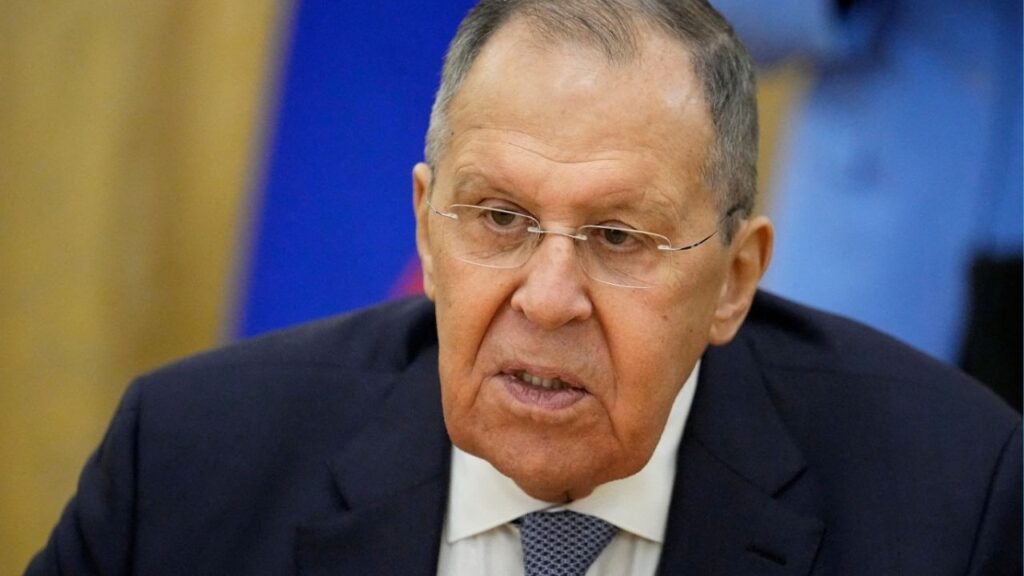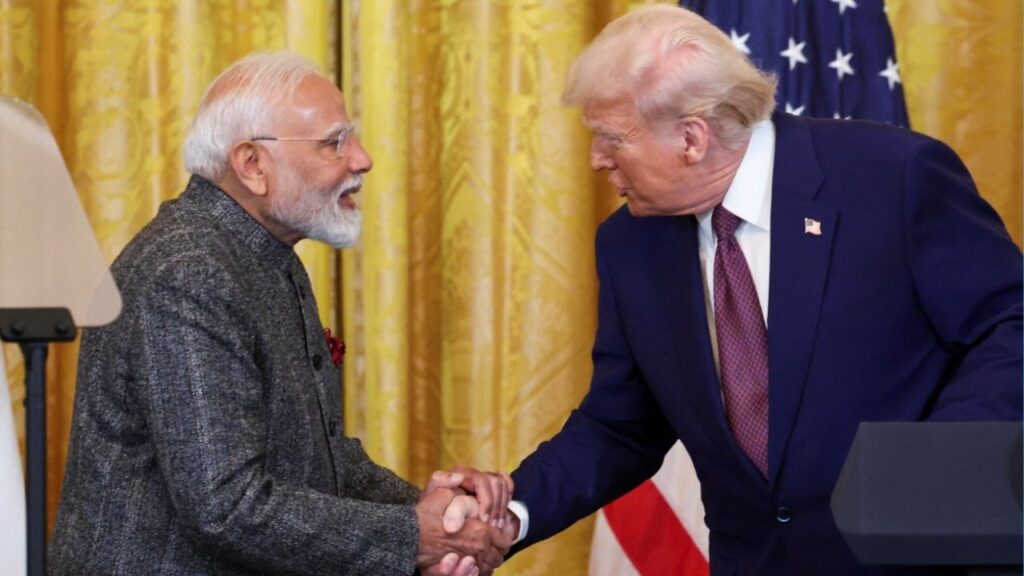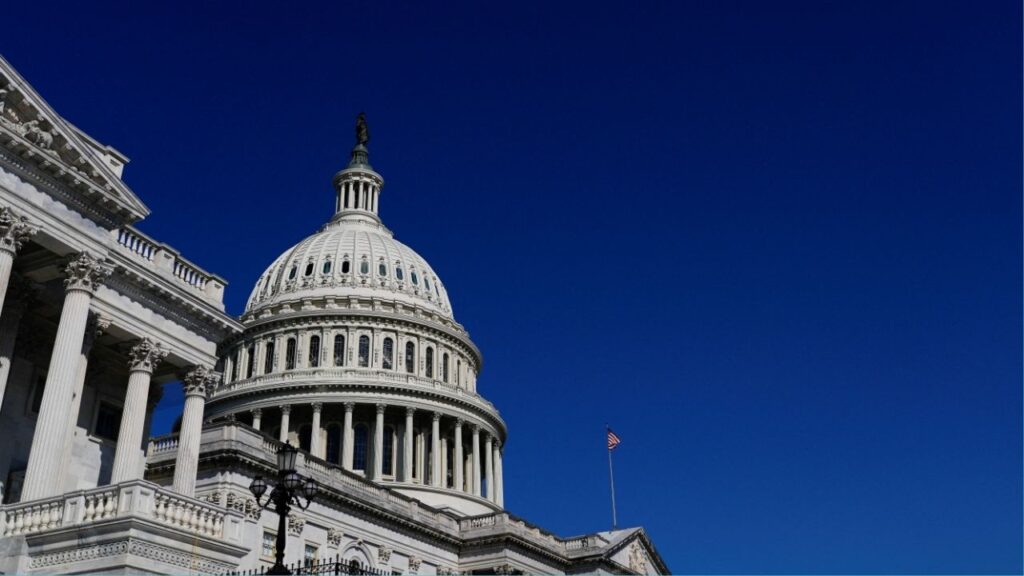Demonstrators walk over painted images of an American flag and an Israeli flag while marking the 45th anniversary of Iran’s takeover of the U.S. embassy in Tehran, Iran, on Sunday, Nov. 3, 2024. The State Department confirmed that it was looking into reports that an Iranian-American citizen had been arrested in Iran. (Arash Khamooshi/The New York Times)

- The U.S. confirms it’s investigating the arrest of dual citizen Reza Valizadeh in Iran amid escalating tensions.
- Valizadeh, a former Radio Farda reporter, is detained in Iran’s Evin Prison, with no official charges disclosed.
- The U.S. State Department warns against travel to Iran, citing risks of "arbitrary arrest and wrongful detentions."
Share
|
Getting your Trinity Audio player ready...
|
The State Department confirmed Sunday that it was looking into reports that an Iranian-American citizen had been arrested in Iran. The news comes amid renewed tensions between Iran, which has long used Western detainees for leverage, and the United States, Israel’s biggest ally, following Israeli airstrikes on Iran last month.
“We are aware of reports that this dual U.S.-Iranian citizen has been arrested in Iran,” a State Department spokesperson wrote Sunday in an email in response to questions from The New York Times about Reza Valizadeh, an Iranian-American journalist who rights groups said last month had been arrested and was being held in a Tehran prison without access to a lawyer. The State Department did not respond to a follow-up email asking if Valizadeh was the dual citizen being detained.
The reports come amid increasingly heated rhetoric from Iranian leaders in the past few days, after the country’s leadership initially tried to minimize the effectiveness of the Israeli strikes on Iranian air-defense systems last month. On Saturday, Ayatollah Ali Khamenei, Iran’s supreme leader, threatened a “crushing response” to Israel and the United States.
They also coincide with the 45th anniversary of the hostage crisis that began when Iranians stormed the U.S. embassy in Tehran on Nov. 4, 1979, in response to perceived U.S. meddling in the country’s politics and took more than 50 Americans hostage. The Americans were held for 444 days.
Related Story: Israeli Military Launches Strikes on Military Targets in Iran, Officials Say
Valizadeh Arrested Around September
Rights groups said last month that Valizadeh was arrested around September and was being detained in Evin Prison, one of Iran’s most notorious detention centers.
Valizadeh once worked for Radio Farda, a Persian-language outlet that is part of Radio Free Europe/Radio Liberty, which is funded by the U.S. government. He left the organization in November 2022, RFE/RL said in a text message to the Times on Sunday.
“We have had no official confirmation of the charges against him,” said the media organization, which confirmed his detention.
Iran’s foreign ministry, its permanent mission to the United Nations in New York and its permanent mission to the U.N. in Geneva did not respond to requests for comment Sunday.
Detained foreigners and dual citizens have long been pawns at the heart of Iran’s foreign policy: The country arrests them on fabricated allegations, often of espionage or other political crimes, and then uses them to extract concessions, like money or the release of imprisoned Iranians, from Western countries.
In June, Sweden and Iran exchanged prisoners, prompting celebrations and also concerns that the swap could validate Iran’s strategy. Last September, Iran allowed five detained Iranian Americans to leave, in exchange for five imprisoned Iranians and the unfreezing of $6 billion in Iranian oil revenue.
“Iran routinely imprisons U.S. citizens and other countries’ citizens unjustly for political purposes,” the State Department said. It called the practice “cruel and contrary to international law.”
Related Story: Israel Assures US It Won’t Strike Iranian Nuclear or Oil Sites, US ...
State Department Says Not to Travel to Iran
The State Department tells American citizens not to travel to Iran “for any reason” because of the risk of “kidnapping, arbitrary arrest of U.S. citizens and wrongful detentions.”
Iranian journalists — even those who are living abroad — are frequent targets of the government’s efforts to intimidate and silence independent news coverage.
Iran ranked 176th out of the 180 countries listed on the Reporters Without Borders press freedom index this year. The group said it was “one of the world’s biggest jailers of journalists.”
Valizadeh, who had been living in the United States, traveled in February to Iran, where he was detained and questioned at the airport by Iranian intelligence officials and members of the country’s security forces, the Committee to Protect Journalists said last month. He was conditionally released, it added. He was then rearrested, according to the committee and a statement last month from HRANA, an Iranian human rights organization, but charges have not yet been disclosed.
Related Story: As Israel Plots to Strike Iran, Its Choices Range From Symbolic to Severe
The committee said it had not been able to confirm reports that Valizadeh faced “charges of collaborating with Persian-language media outlets abroad.” It called on Iran to release him and drop any such charges.
“Iranian journalists working and living abroad should be free to visit their homeland without fear of prosecution for their profession,” Yeganeh Rezaian, the interim Middle East and North Africa program coordinator for the committee, said in a statement last month.
In August, Valizadeh posted on X that he had returned to Iran in March, according to The Associated Press’ translation, “without any security guarantee, even a verbal one.” He has not posted to X since.
–
This article originally appeared in The New York Times.
By Amelia Nierenberg/Arash Khamooshi
c. 2024 The New York Times Company
RELATED TOPICS:
Categories
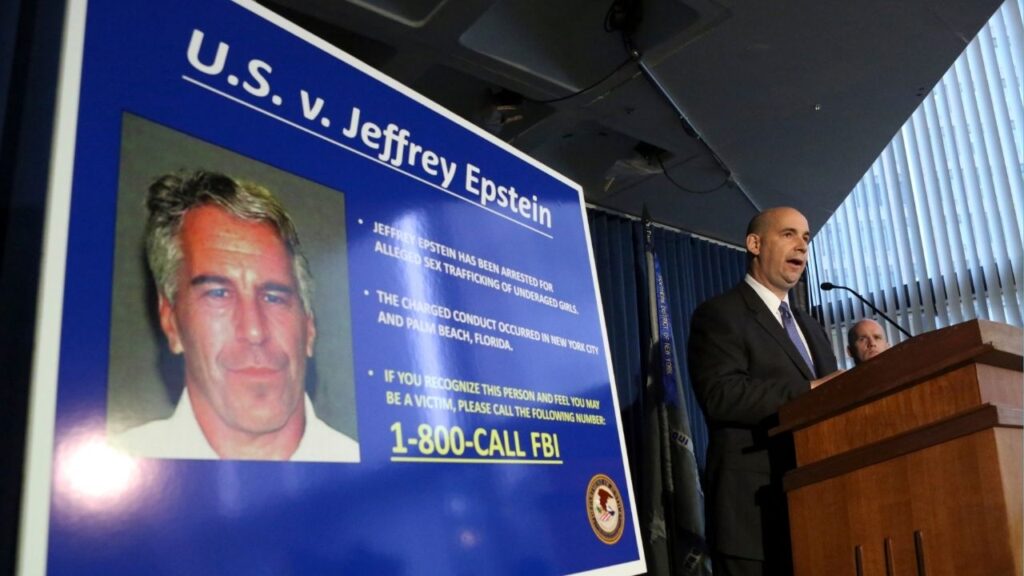
The Government Published Dozens of Nude Photos in the Epstein Files
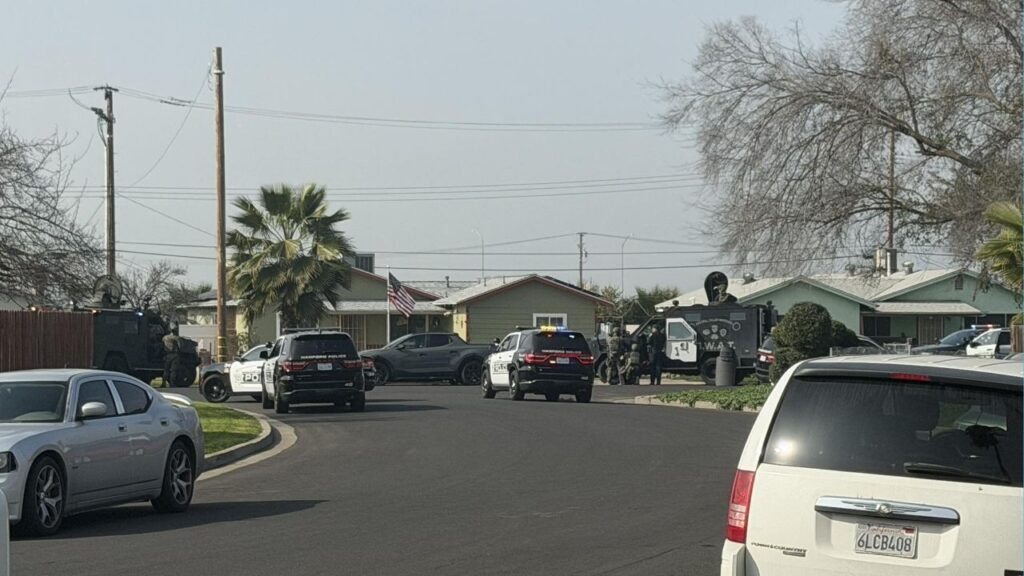
Hanford Police Arrest Three in Connection With Fatal Shooting
